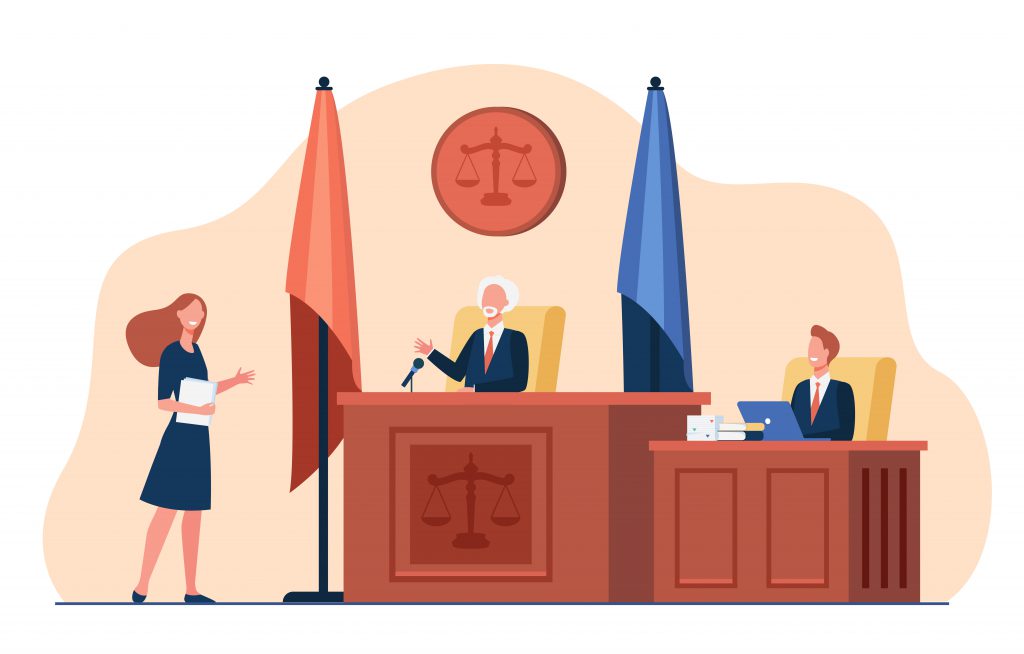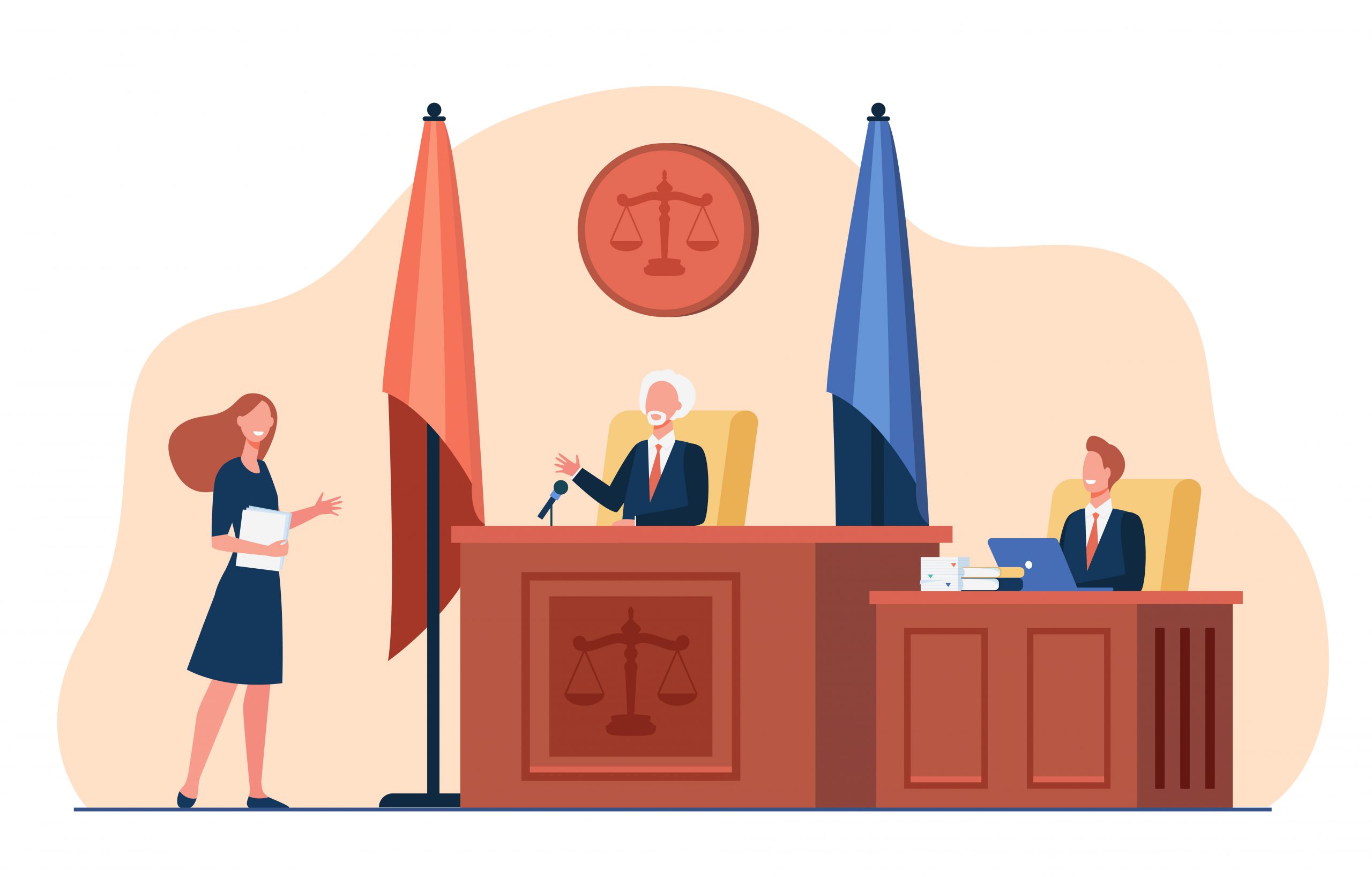While it can be a common perception that most exciting things happen in courts, the actual truth is a lot takes place in between the court dates as lawyers investigate, go deeper into legal and factual data to analyze the position of the prosecution’s case. Conducting interviews, whether that involves clients or witnesses, can be tricky. As a lawyer, you can interview anyone in a case before they testify. To be precise, a lawyer must talk to the witness and get things out of them. Otherwise, they may not be doing full justice to their client.

When it comes to investigating witnesses, both new and veteran lawyers would want to be accurate with their techniques to ensure success for the case they handle. Whether you are fresh or experienced in this profession, you understand the significance of the proper investigation. So here is a quick rundown of a few methods that can come in handy during this process.
Read Also – How To Find a Good Lawyer?
Know the people you interview
You can call anyone for an interview if there is a link between them and your case. It can also include police officers, record keepers, scientific experts, victims, etc. Everyone tends to have different background and type of association with a case. Hence, you cannot ignore this aspect. For example, you would want to speak to an arresting officer who arrested your client in a case. And they also tend to be well-prepared. However, you don’t have to build rapport with them or exhibit your authority.
On the other side, if a child is a witness, your approach has to be distinct. You would want to win their trust and compassion. You will have to create a safe environment for them to feel comfortable talking to a stranger. Like these, there can be several scenarios, and you have to look beyond their biases, agenda, etc. Your focus has to be on the witness you investigate.
Read Also – Asking These Questions before Engaging a Personal Injury Lawyer Can Save You a Lot of Grief
Establish the goal of the interview
When you work on a case, it doesn’t remain a simple police report. It contains a narrative. It records witnesses’ views that will come in the open before a jury. To reach this level, you have to be conscious of the choice of your questions to the witness. You don’t have to ask them what happened. Instead, you can look for critical things found missing in police reports and jolt the defense or prosecution. You can be successful in your endeavor if you prepare a line of questioning in a way that proves consequential.
During the interview, you may want to extract specific reactions from the witness to make a note of their behavior, which otherwise may not come out in the open. It would help when the actual trial happens. You will know whether you should follow the same line of questioning before a jury.
Nowadays, a few online platforms offer complete details of any person you suspect can have something to do with your case. You can use their services to gain quick insight into their history and speed up your interview process. With these, you can also rummage through Google, social networking sites, and other people to learn about a witness in-depth. All this would help you with your content, observation, and analysis.
Be a sincere listener
You can divide your line of questioning into topics and separate questions before going to investigate the witness. It is crucial to avoid any last-minute mistakes that can cost an essential detail. However, you cannot expect the interview to go smoothly all the time. Sudden events can ruin the course. That’s why it is vital to be an active listener. Don’t just ask questions; hear what your witnesses say. It would keep you on guard for any interesting twist that your witness adds.
For example, when you talk to an arresting officer about why they arrested a particular person, most of them would say they are sure of their decisions. However, if someone says because they felt so, it must alert you. This single statement can turn the whole case in your and your client’s favor.
Intersperse your conversations with silence
Many trial lawyers adopt this practice. Although it cannot be useful every time, silence can yield success when you expect it the least. The reason is everyone has their way of interpreting silence. If you suddenly stop or wait, the person can divulge more information to fill that gap.
In any criminal defense case, the attorney has to depend on witness interviews as the strongest tool. If you handle any such cases, you would also need to rely on it to draw answers and conclusions. So make sure you prepare it well. You can change the fate of your client by being thorough in your investigation. A reasonable investigation effort sometimes leads to the dismissal of the case entirely. Imagine how wonderful it can be for your clients in trouble.

